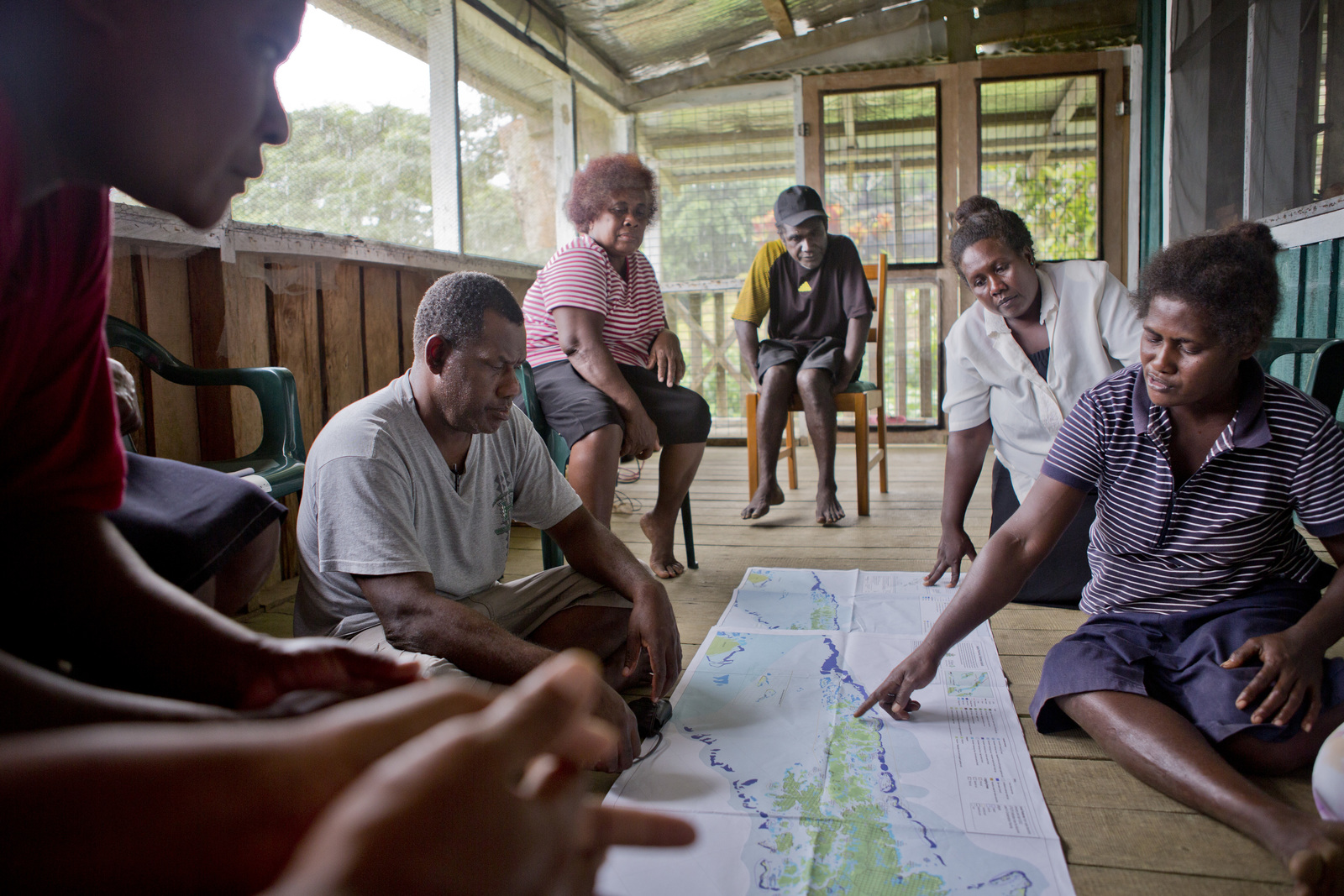Nurture Relationships and Partnerships
Conservation leaders were unanimous: engaging community is essential, and community partnerships begin, and end, with relationships between individuals. Developing the right relationships at the local level is a prerequisite for effective community-based conservation. Behind most inspiring conservation initiatives, you will find strong personal friendships among people with a shared vision and deep trust.
Though an elder, chief, or government official may not be your primary partner (or close friend), their endorsement may also be key to your success. Understand local hierarchies and go through the appropriate channels. Traditional leaders and influential individuals and organizations can serve as your conduit to local, state, provincial, and national government officials. Enlist their support at the onset to avoid problems down the road.
“The more important part to get right from the onset is the relationships. Take time to make those relationships. Invest in going out there and spending some time and talking to people. The relationships are really paramount in order to get things moving further down the track. And go through the right channels, whether it be the chief of a local chieftain system or a provincial or national government official. People don’t know you or your motivations. Establishing the proper foundation is crucial. ”
It pays to be direct in all communications. Be humble, tactful, and diplomatic, certainly, but above all, be clear and direct. This saves time, energy, and resources, and, when delivered graciously, directness is respected and can accelerate conservation efforts immensely. Over time, outside partner organizations can become trusted advisors, called upon to deliver difficult messages that are politically uncomfortable for local leaders to air. This role has risks and must be used cautiously and judiciously.
“Being an American, sometimes you can say things that would necessarily be harder for someone else to say. This happened to Bill Raynor and me. We’re comfortable and assimilated enough and everyone knows us and trusts us. Because we’re outsiders, we have a special role to truly tell it like it is. Bill did that with the traditional chiefs, who asked him to say the tough things they have a hard time saying. I can see them looking to me like please say the thing we know we won’t say, and I will say it because I know that’s what I’m supposed to do. Also, speak up when you disagree and do it diplomatically. Don’t be afraid to say it”






